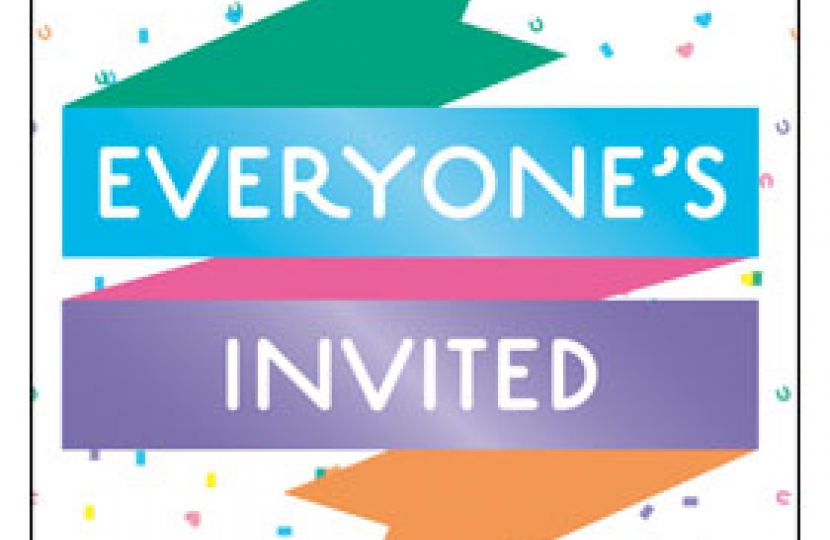
The government has produced a factsheet summarizing their response to the consultation on equal marriage. Entitled "The facts about equal marriage" it is reproduced below.
![]()
Marriage is a hugely important institution in this country. The principles of long-term commitment and responsibility which underpin it bind generations together, and make our society strong.
In March the Government issued a consultation to ask for views on how marriage could be opened up to same-sex couples. This consultation on equal civil marriage allowed us to hear from interested organisations and individuals on how the Government might best deliver on its commitment to allow same-sex couples to marry. We received over 228,000 responses to the consultation, as well as a number of petitions, and we have carefully considered all the views raised in preparing our response.
On 11 December 2012, the Government published its response following the consultation on equal civil marriage conducted earlier this year. This response sets out the Government’s intention to bring forward legislation in England and Wales to:
• enable same-sex couples to have a civil marriage ceremony;
• enable those religious organisations that wish to conduct same-sex marriage ceremonies to do so on a permissive basis only;
• provide explicit legal protections for religious organisations that will allow them to continue to operate unhindered within their doctrines and beliefs as they do now;
• retain civil partnerships for same-sex couples only;
• enable existing civil partners to convert their partnership to a marriage, if they wish; and
• enable individuals to change their legal gender without having to end their marriage.
The Government’s response can be found at: http://homeoffice.gov.uk/equalities/lgbt/equal-marriage
What this means
These reforms are based on the belief that marriage is a wonderful institution which binds our
society together and remains as vibrant and as relevant today as it always has. We should not stop
people getting married unless there are very good reasons – and being gay is not one of them. By extending its availability, we will strengthen marriage and ensure that it remains an essential building
block of modern society.
These changes follow a long line of other reforms, usually led by Parliament, which have ensured that
this important institution is available to an ever-increasing group of people. Marriage is an institution which has a long history of continuous evolution. As society has changed, so it has changed, and become available to an increasingly broad range of people. In fact, if the history of marriage in this country tells us anything, it is that its defenders have had at times needed to be reformers. In the early 19th century Catholics and atheists were unable to marry unless they did so in an Anglican church. During the course of that century these inequities were removed. The 20th century saw great battles about the status of women within marriage. These have now been resolved; married men and married woman are now equal before the law.
Despite this, we know that there are divided views about this issue. As such, we are clear that no religious organisation or individual minister will be forced to conduct marriage ceremonies for same-sex couples. Freedom of religion is already guaranteed under Article 9 of the European Convention on Human Rights.
The Government’s response sets out a ‘quadruple lock’ of measures to put this position beyond doubt in our legislation. These are:
• ensuring the legislation states explicitly that no religious organisation, or individual minister, can be compelled to marry same-sex couples or to permit this to happen on their premises;
• providing an ‘opt-in’ system for religious organisations that wish to conduct marriage ceremonies for same-sex couples;
• amending the Equality Act 2010 to ensure that no discrimination claims can be successfully brought against religious organisations or individual ministers for refusing to marry a same-sex couple or allowing their premises to be used for this purpose; and
• not applying the legislation to the Church of England (or Church in Wales) so that they will not be able in law to marry same-sex couples and will not be able to opt in to do so without further changes to primary legislation. The legislation will not interfere with the Canon law of the Church of England.
We want to continue to work with religious organisations on the details of these protections as we prepare to introduce the legislation into Parliament.
These proposals do not change anything about our approach to teaching in schools. Every school
already has to ensure it does not teach anything that would be considered inappropriate to a pupil’s
age, religious or cultural background. This will not change. Teachers will be able to continue to describe their belief that marriage should be between a man and a woman whilst acknowledging that same-sex couples can also marry.
Equally, we are not removing the use of the terms ‘husband’ and ‘wife’ or ‘mother’ and ‘father’.
Next steps
• The Government committed to introducing legislation to enable same-sex couples to get married by the end of this Parliament.
• Legislation will be brought forward to Parliament as soon as possible and be subject to rigorous scrutiny and debate.
